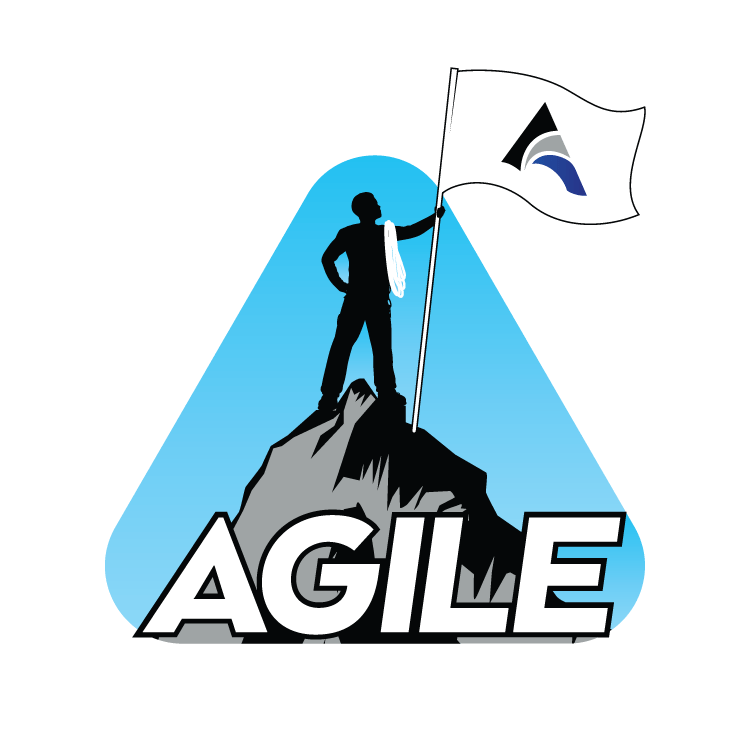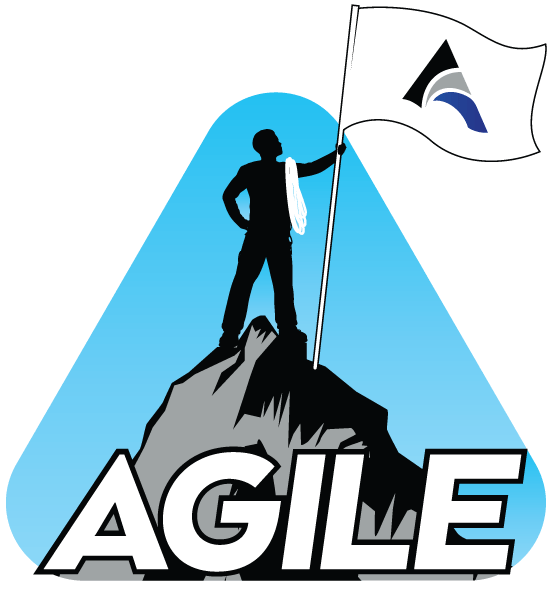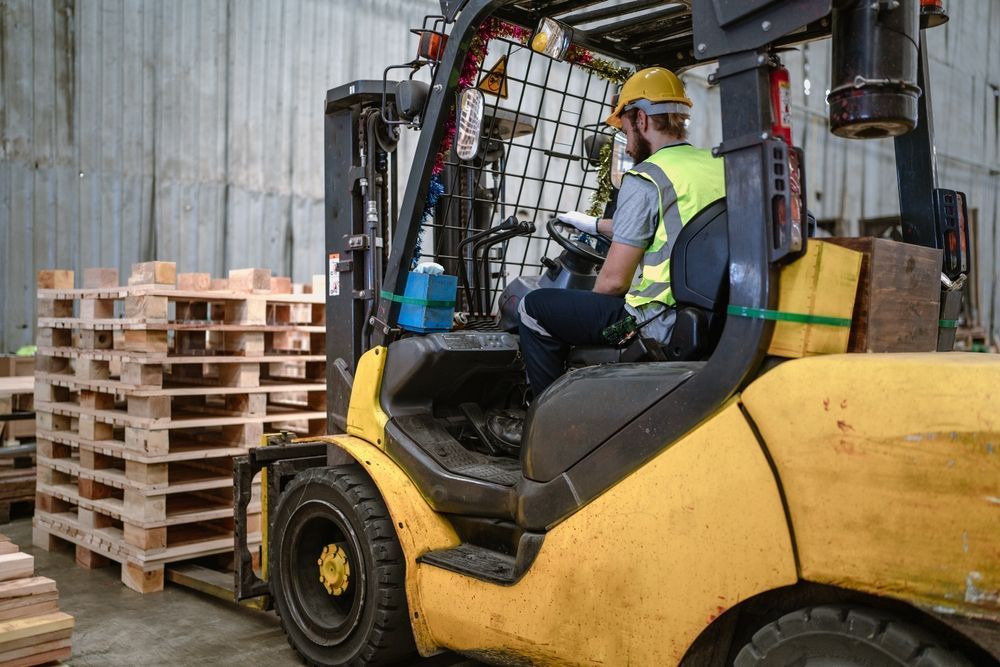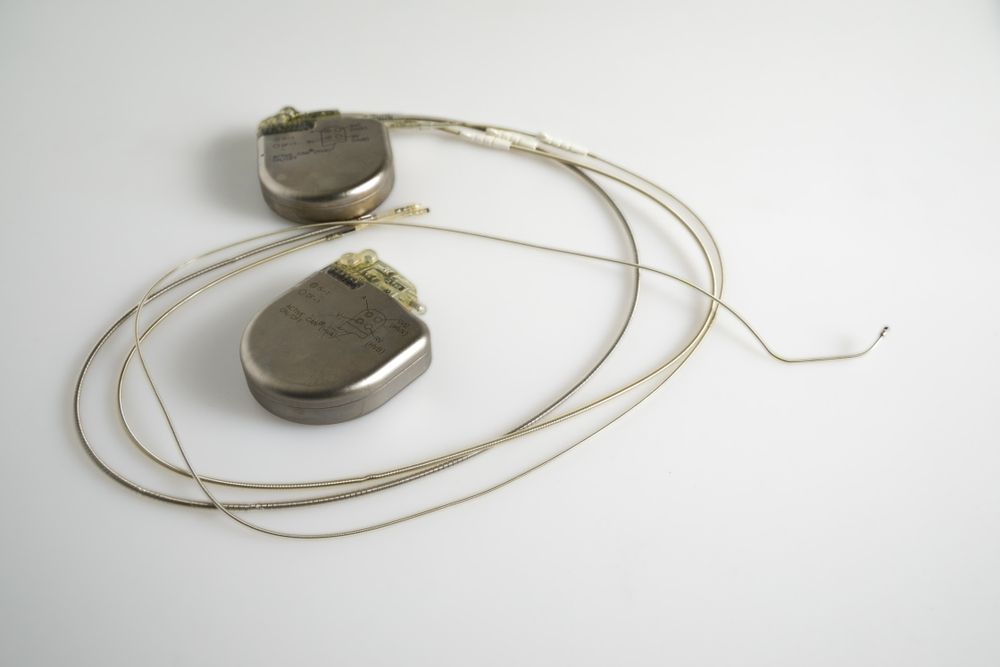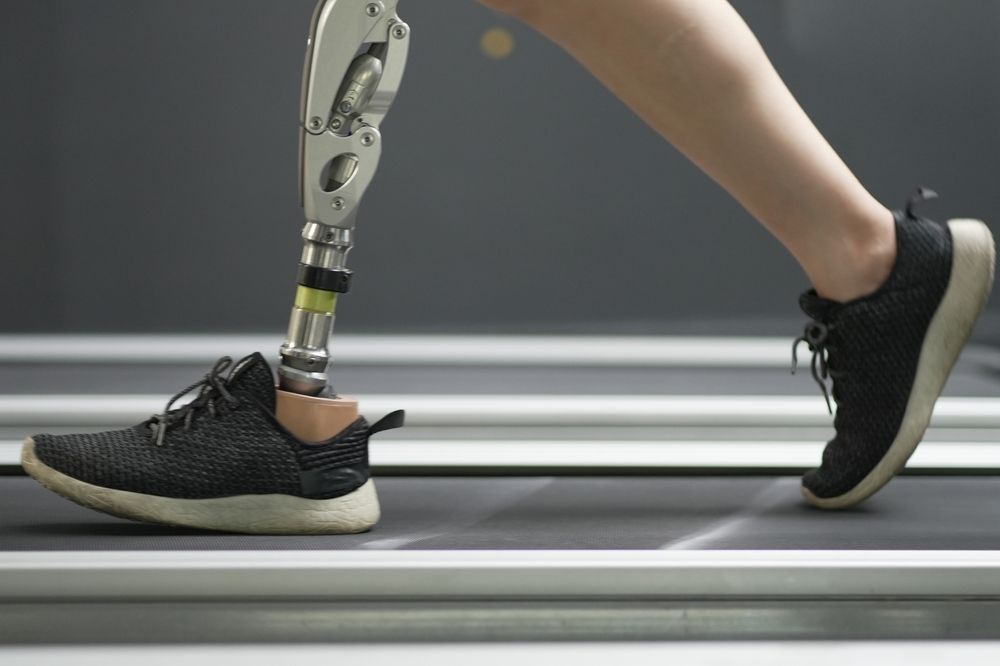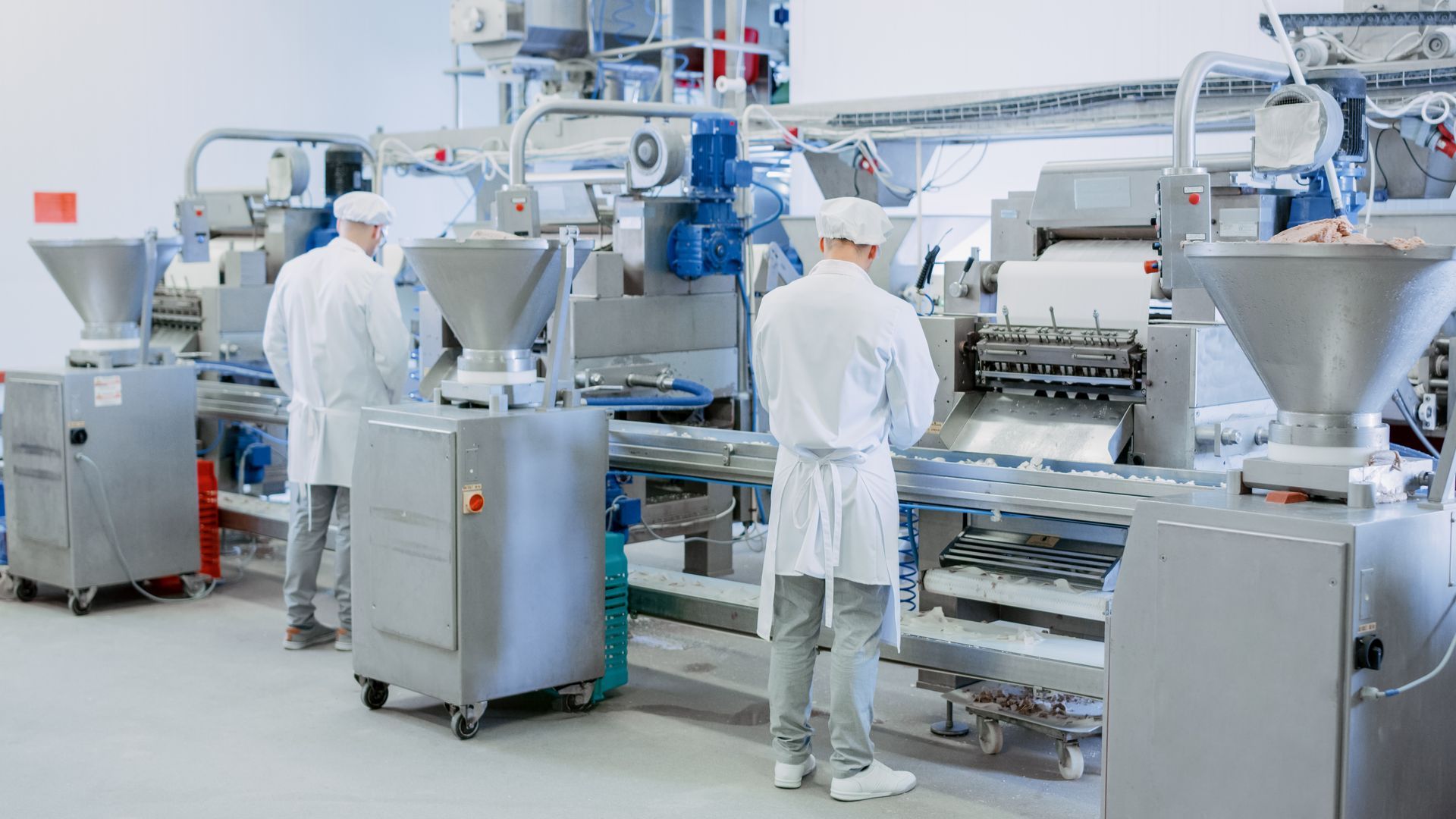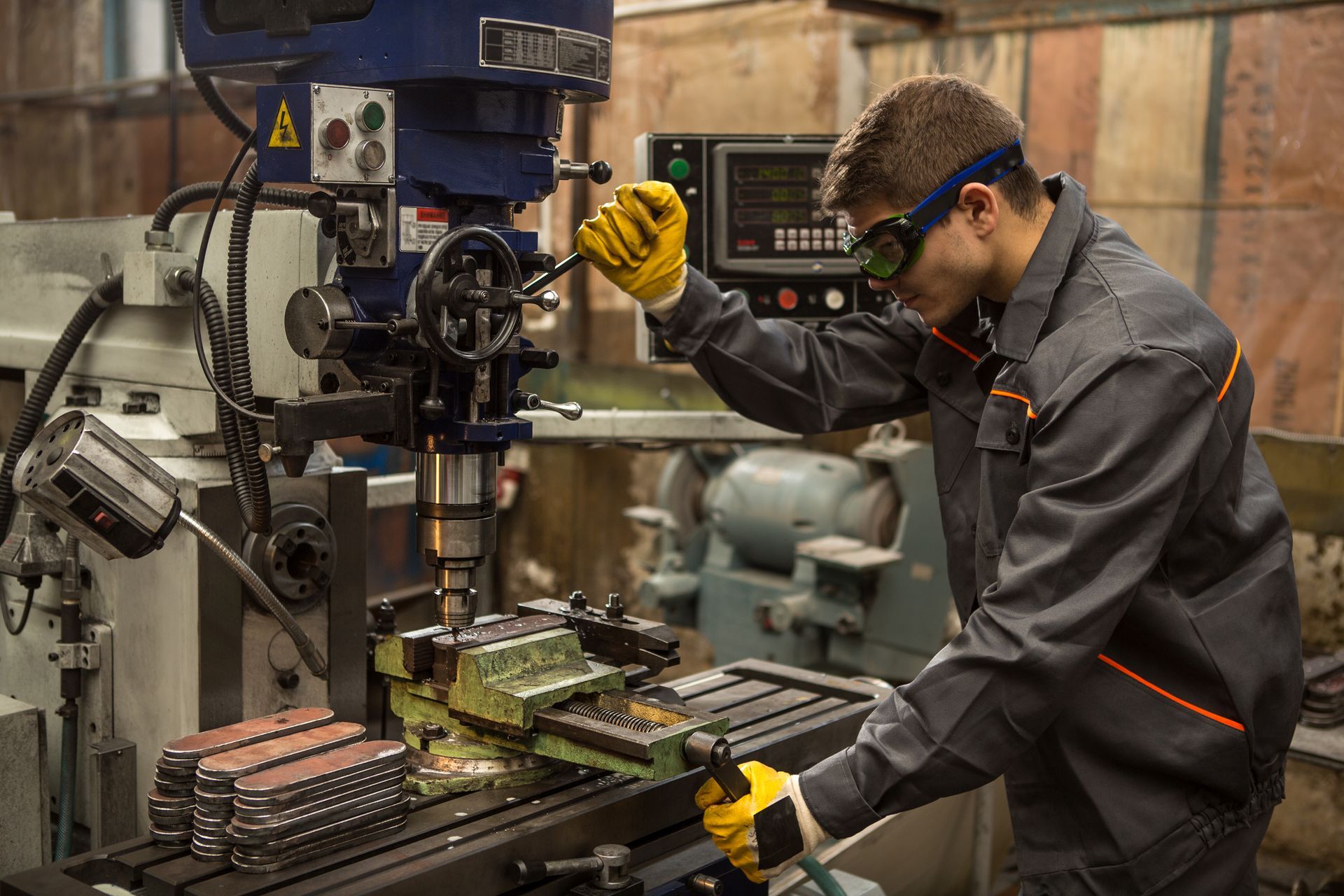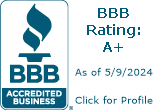Wisconsin Sales Tax Exemption for Manufacturing
As part of an effort to create a more business-friendly corporate tax environment, the Wisconsin sales tax exemption for manufacturing allows qualifying manufacturers to claim an exemption on a wide variety of operating purchases. Wis. Stat. 77.54(6)(am)(1) provides a sales tax exemption for “machines and specific processing equipment and repair parts or replacements thereof, exclusively and directly used by a manufacturer in manufacturing tangible personal property . . . and safety attachments for those machines and equipment.” Per Wis. Stat. 77.51(7h)(a) , a manufacturer is defined as someone who produces by machinery, “a new article of tangible personal property . . . with a different form, use, and name from existing materials, by a process popularly regarded as manufacturing.” The manufacturing process is considered to begin with, “conveying raw materials and supplies from plant inventory to the place where work is performed in the same plant” and is considered to end, “with conveying finished units of tangible personal property . . . to the point of first storage in the same plant.” For the purposes of this exemption, manufacturing does not include the storage of raw materials, or processing activities that does not use machinery to produce a new article of tangible personal property with a different form or use from raw materials.
Since the Wisconsin sales tax exemption for manufacturing is only applicable for machinery and equipment exclusively and directly used in manufacturing, it is also important to understand how these terms are defined. Per Wis. Admin. Code Tax 11.40(1)(a) , machines and equipment are considered to be “used exclusively” when, “the machines and specific processing equipment and repair or replacement parts are used solely by a manufacturer in manufacturing tangible personal property or items or property, to the exclusion of all other uses, except that the sales and use tax exemption is not invalidated by an infrequent and sporadic use other than in manufacturing tangible personal property or items or property.” Essentially, this means that the primary use for the machinery and equipment must be in the manufacturing operation. For example, a forklift that is used to move work-in-process and used regularly or frequently in a warehouse to move and stock finished products is not considered to be used exclusively in manufacturing since it is regularly used in activities that are not part of the manufacturing process.
As defined in Wis. Admin. Code Tax 11.40(2)(c) , machines and equipment are used directly in manufacturing when they are involved in the “step-by-step processes by which an end product results, even though the machine and equipment are indirectly related to the step-by-step processes.” For example, machines and equipment that are incidental to the manufacturing operation, such as floor sweepers, plant HVAC, lighting equipment, and fire protection equipment is generally not considered to qualify for the Wisconsin sales tax exemption for manufacturing since they are not included in the step-by-step process to convert tangible personal property into a new article.
Additional Exempt Purchases
In addition to machines and equipment, some other examples of purchases that qualify for the Wisconsin sales tax exemption for manufacturing include the following:
- Repair parts such as conveyor belts, grinding wheels, machine drills, auger bits, milling cutters, jigs, saw blades, machine tool holders, reamers, dies, and molds
- Small tools such as drills, saws, micrometers and hammers. These are not exempt if used for machine repair and general maintenance
- Items consumed or destroyed during manufacturing, such as acids, bleaching agents, chemicals, cutting oil, lubricants, fluxing material, grinding compounds, shielding gases, and purification agents
- Worker apparel such as gloves, hair nets, beard nets, or facemasks that are used by employees on the production line to prevent product contamination
- Fuel and electricity used to operate exempt production machinery and equipment, which includes oxygen, coal, gasoline, fuel oil, natural gas, and liquid propane gas. In situations where fuel or an electricity serves dual uses (i.e. an electric meter is used to operate machinery and provide electricity for the administrative offices), the manufacturer must compute an estimate of the percentage of fuel and electricity used by the exempt machinery on a meter-by-meter basis.
Maximize Your Sales Tax Savings with Agile Consulting Group
Complete Wisconsin Form S-211 to Claim the Exemption
To claim the Wisconsin sales tax exemption for manufacturing, qualifying manufacturers need to complete Wisconsin Form S-211 , which is a Wisconsin Sales and Use Tax Exemption Certificate, and provide a copy of this certificate to their vendors. Wisconsin has made it easy for qualifying manufacturers to complete the S-211 exemption certificate by providing an electronic certificate option ( Wisconsin Form S-211E ). To complete this electronic certificate, the manufacturer needs to fill in the required information for the purchaser and seller, sign an acknowledgement, and then select the “Manufacturing – Fuel and Electricity” and/or “Manufacturing – Machinery and Equipment” boxes under the exemption section. If claiming the manufacturing fuel and electricity exemption, the exempt % of use must also be included. The S-211E form will then automatically populate for distribution to the purchaser’s vendors.
Submit Wisconsin Form BCR or S-220 to Request Sales Tax Refund
For manufacturers who have already paid sales taxes to their vendors, they can complete and submit Wisconsin Form BCR or S-220 , which is a Buyer’s Claim for Refund of Wisconsin State, County and Stadium Sales Taxes, to recover sales taxes on qualifying tangible personal property exclusively and directly in a manufacturing operation. The BCR must be filed within four years from the unextended due date of the buyer’s Wisconsin income or franchise tax returns, otherwise the statute of limitations will have lapsed, and any taxes paid in error will not be eligible for a refund. For example, a purchaser could file a refund claim for overpaid taxes from January 1, 2016 through December 31, 2019 if the claim is filed by April 15, 2020.
Additionally, the BCR requires purchasers to get a signed Wisconsin Schedule P for each seller that they are including in the refund claim. This Schedule P form is used to verify that the seller collected and remitted sales taxes on the purchases included in the refund claim and that the seller will not or has not already issued a credit or refund to the purchaser. The S-211, S-211E and BCR forms are all located on the Wisconsin Department of Revenue website. The experienced sales tax consulting team at the Agile Consulting Group can provide expert guidance and assistance with the completion of all forms related to the Wisconsin sales tax exemption for manufacturing and any associated refund claims.
Reach Out to Us with Questions
As with all sales and use tax research, the specifics of each case need to be considered when determining taxability. Additional advice from Agile Consulting Group’s sales tax consulting team can be found on our page summarizing Wisconsin sales and use tax exemptions . If you have questions, comments or would like to discuss the specific circumstances you are encountering in regard to this issue or any other sales and use tax issue, please contact a member of Agile Consulting Group’s sales tax consulting team at (888) 350-4TAX (4829) or via email at info@salesandusetax.com .
The post Wisconsin Sales Tax Exemption for Manufacturing appeared first on Agile Consulting Group.
